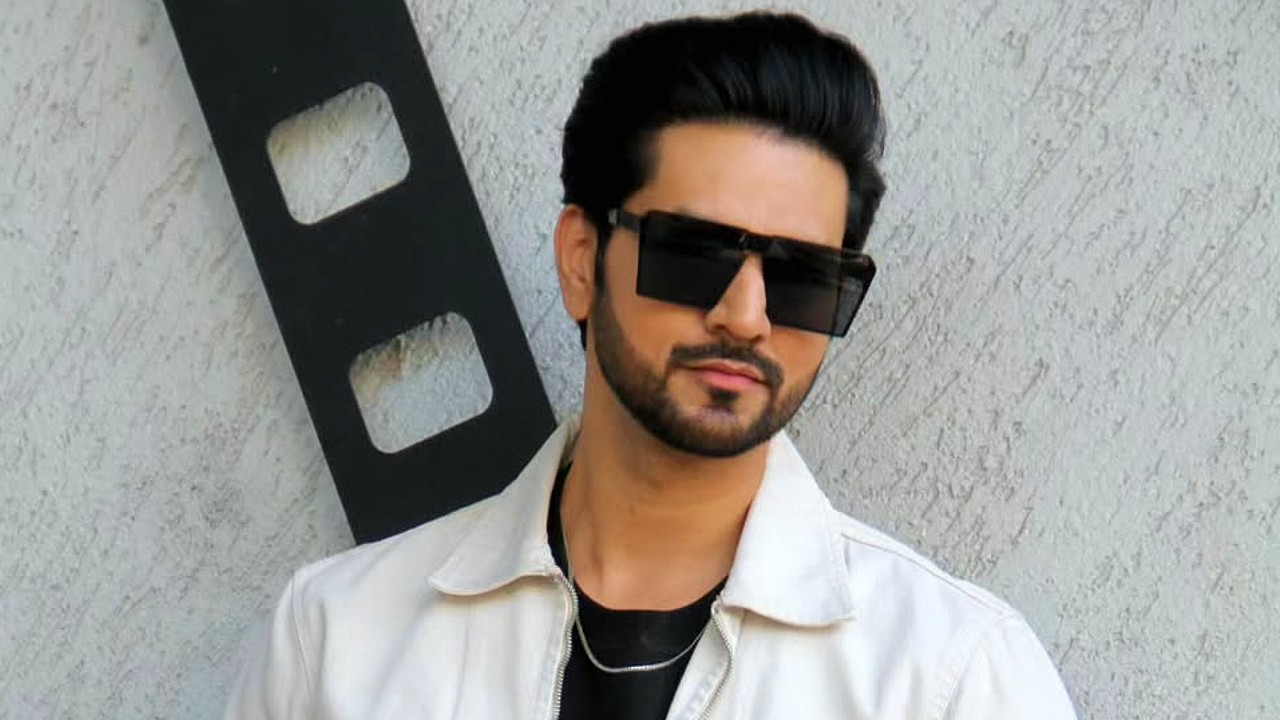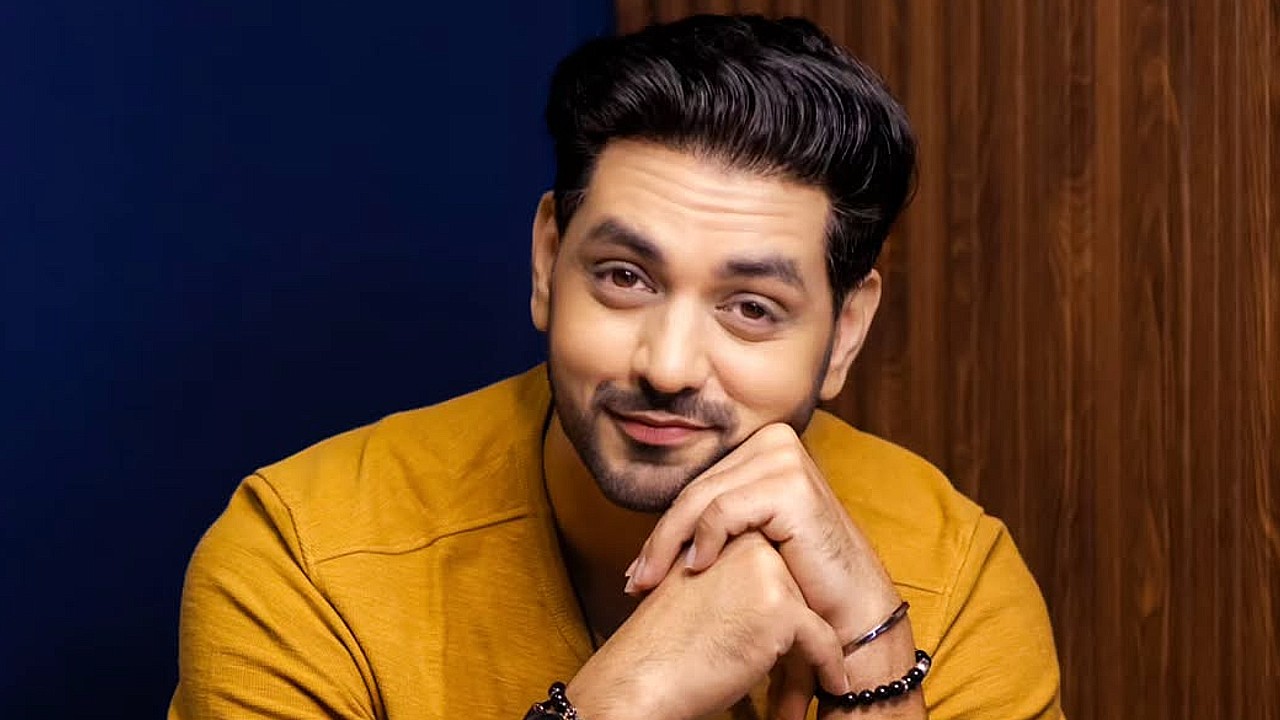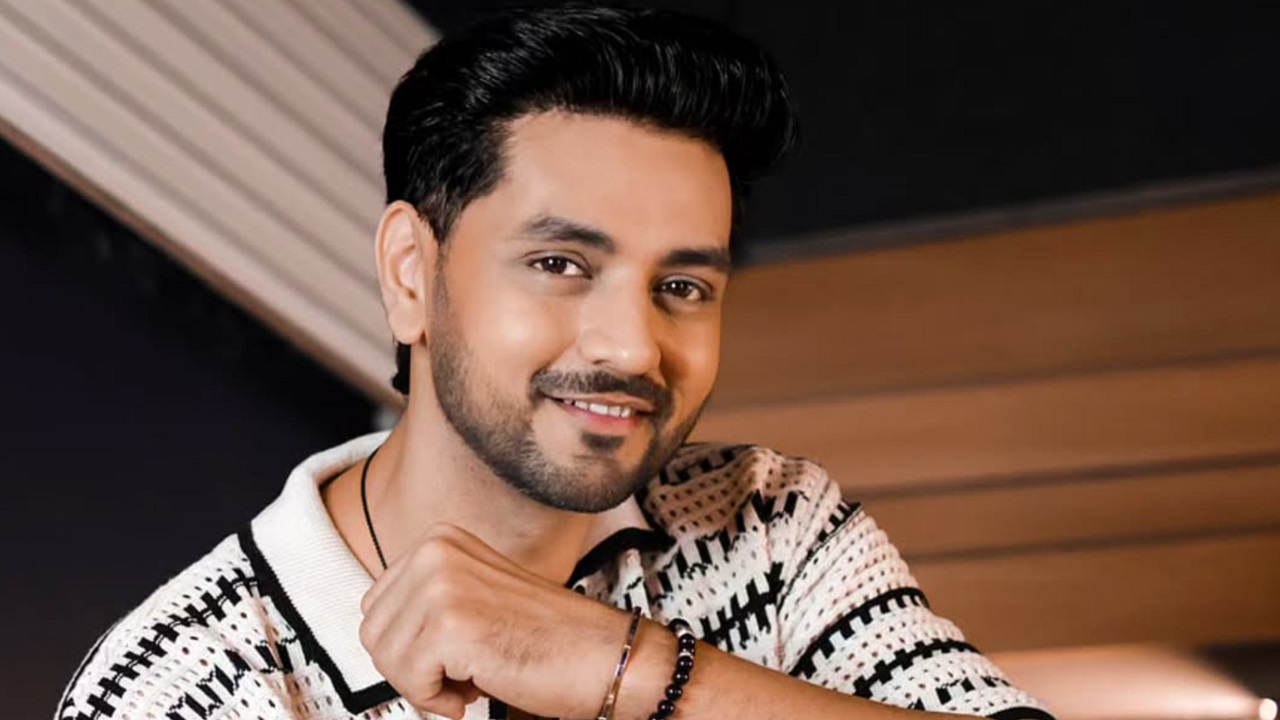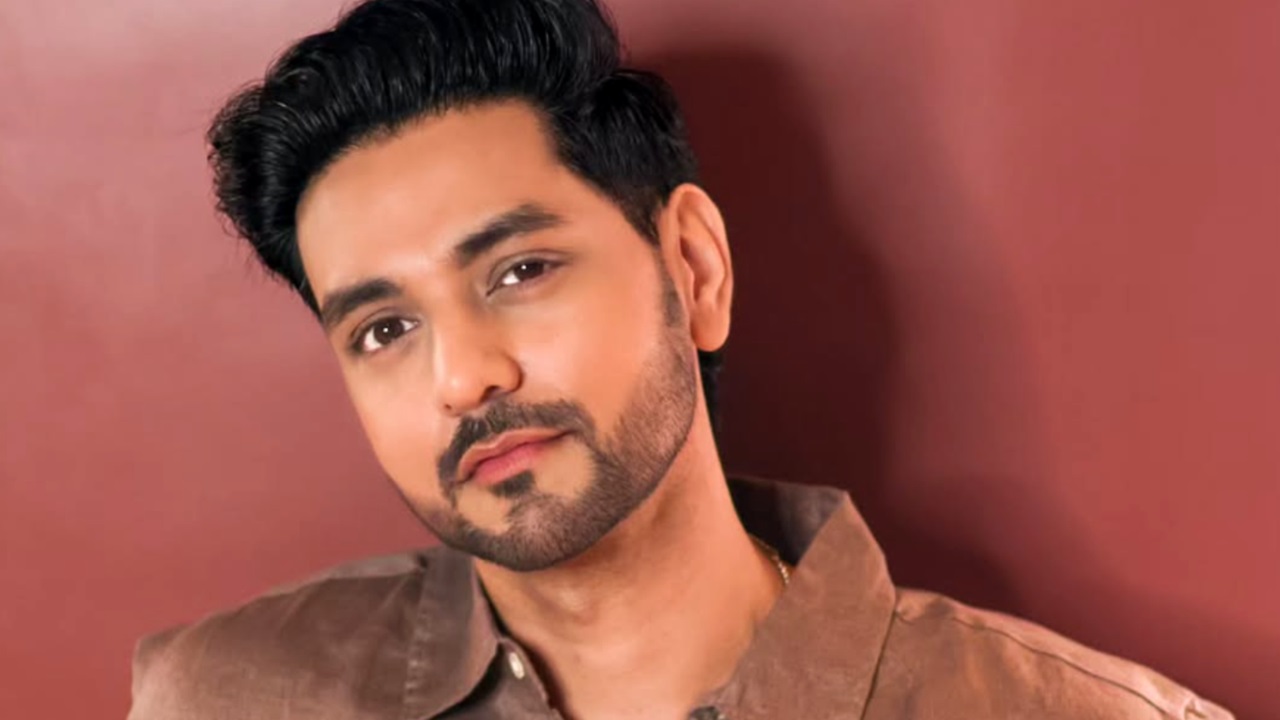From pulling off intense scenes to what it takes to create a successful chemistry on screen, Shakti Arora, in an exclusive tête-à-tête with Cutting Shots, gets candid about his craft and much more.

“The one thing I learned is that the camera loves you when you are yourself.”
– Viola Davis
Well, that’s exactly what Shakti Arora has been doing ever since he made his debut on Indian television in 2006- bringing authenticity in his performances. In an industry which tests your patience and passion, the actor has emerged as a risker of sorts by taking up roles that are often a subject of discourse.
But what goes behind creating those memorable characters on screen? Shakti spills it all in an exclusive chat with Cutting Shots.
Excerpts
Q. From sharing screen space with acting stalwarts like Dilip Kumar (Daag), Rajesh Khanna (Kati Patang, Ajnabee) and Amitabh Bachchan (Namak Halal, Sharaabi) to giving Helen her first leading role as an actor in his musical directorial, Cha Cha Cha, your late grandfather Chandrashekhar Vaidyaji had a prolific journey in cinema. Not many might be aware that he even assisted Gulzar on iconic classics like Aandhi, Parichay, Mausam, amongst others. Do you feel having this insider’s perspective left a certain kind of influence on you when you were consuming films during your growing years? Also, did his experience/teachings come in handy when you had to tackle the challenges that came your way at the beginning of your career?
A. Growing up in a family with a rich cinematic legacy, I was exposed to the world of films from a young age. Watching my grandfather, Chandrashekhar Vaidyaji, work on iconic films was a surreal experience. It not only deepened my appreciation for cinema but also instilled in me a sense of discipline and hard work that has stayed with me throughout my career.
Q. Auditions are an integral part of an actor’s life. Some even call it a ‘lesson in humility’ where you learn how to handle rejections and perform under pressure. In the past, you had spoken about how you got turned down in over 250 auditions before you landed your first acting assignment. What are the do’s and don’ts that aspiring actors need to keep in mind when they step out for auditions?
A. Auditions can be a daunting experience, especially when you’re starting out. I’ve had my fair share of rejections – over 250 auditions, to be precise! However, I’ve learned that every ‘no’ brings you closer to the ‘yes’ you’re looking for. My advice to aspiring actors would be to stay focused, persistent, and true to their craft.

Q. In one of his interviews, casting director Mukesh Chabbra expressed his disappointment over young actors being obsessed with their Instagram followers and prioritizing their online presence over working on their craft. What is your take on this growing culture?
A. I think Mukesh Chhabra’s statement holds a lot of truth. As actors, we need to strike a balance between our online presence and our craft. While social media can be a powerful tool for self-promotion, it’s essential to remember that our primary job is to act and entertain. I believe that if we focus on honing our skills and delivering quality performances, the rest will follow.
Q. Morgan Freeman says, “It’s what I learn from the great actors that I work with. Stillness. That’s all and that’s the hardest thing.” How much do you relate to this quote as an artist?
A. Morgan Freeman’s quote resonates deeply with me. As an actor, I’ve learned that stillness is a powerful tool. It’s about being present in the moment, listening to your co-actors, and responding truthfully. When you’re still, you become more receptive to the emotions and energies around you, which ultimately enhances your performance.
Q. Daily soaps are verbose in nature where the emphasis is more on the dialogues rather than the screenplay. There are times when there might be last minute changes in the dialogues or you might receive them directly on the sets. Do you have a process of your own when it comes to memorizing lines and monologues?
A. Memorizing lines and monologues can be a challenging task, especially in daily soaps where the scripts are often lengthy and complex. My process involves breaking down the script into smaller chunks, understanding the emotional arc of the scene, and then rehearsing the lines until they become second nature.

Q. Speaking about your last TV show, Ghum Hai Kisikey Pyaar Meiin, I have two personal favourite scenes featuring you. The first one is where your character Ishaan has a sudden outburst at his mother Isha when she lands up at Bhosle mansion to wish him on his birthday. The second one is the drunk scene where Ishaan tries to confess about his marriage with Savi to his family and Reeva. In both the scenes, there was a lot of emphasis on the body language and voice modulation, and you made sure not to miss a single beat. Could you elaborate on what was your approach to both these sequences?
A. Those scenes from Ghum Hai Kisikey Pyaar Meiin were indeed memorable, and I’m glad you enjoyed them! When it comes to preparing for intense scenes, I believe it’s essential to tap into your personal experiences and emotions. I try to connect with the emotions of the scene, understand the character’s motivations, and then surrender to the moment.
Q. It is very important to allow yourself to feel and express emotions genuinely to make the characters that you portray on screen more believable. In one of your previous interviews, you candidly admitted that you didn’t know how to express your emotions as a kid and only learnt to overcome that when you went through your share of relationships. Now after all these years of experience, do you still sometimes feel vulnerable when you are enacting an intense scene or a scene where you have to venture into the unknown?
A. Vulnerability is an essential part of being an actor. When you’re portraying a character, you need to be willing to access your emotions and be vulnerable. Over the years, I’ve learned to embrace this vulnerability and use it to fuel my performances.
Q. As an actor, you are accessing your emotions whether it is joy, grief, passion or anger for your performances. Since you are constantly tapping into all of your feelings, it thus becomes crucial to work on your emotional intelligence. How do you navigate the burnout that stems from the emotional nature and tough demands of the characters that you play on screen?
A. Emotional intelligence is crucial for actors, as we’re constantly tapping into our emotions to portray different characters. To avoid burnout, I prioritize self-care, meditation, and spending time with loved ones. I also believe in setting boundaries and taking time off when needed.

Q. In the last few years, I have made an observation with respect to the portrayal of male protagonists on Indian television. Initially, most of them start off as flawed characters, only to oscillate between good and toxic after a certain number of episodes. What could be the reason behind the same? What do you do to sail through a messy character arc?
A. I think the portrayal of male protagonists on Indian television is often influenced by societal norms and expectations. As actors, we need to be mindful of the characters we portray and strive to create nuanced, multi-dimensional characters that challenge stereotypes.
Q. Remakes today aren’t just restricted to films and songs. This trend has penetrated into the small screen as well. You have regional shows being remade into Hindi (GHKKPM was a remake). In fact, you now even have channels remaking their old previous hit shows. Do you think this dearth of new and fresh concepts limits an actor from tapping into his acting potential to the fullest?
A. Remakes can be a double-edged sword. While they offer a fresh take on a familiar story, they can also limit an actor’s creative potential. As an actor, I believe it’s essential to approach each project with a unique perspective and find ways to add your own spin to the character.
Q. Screen chemistry plays a pivotal role in building a convincing and engaging story. In long-format shows, it’s also used as a distraction to keep the audience invested when the writing runs out of juice. You could get along with someone and yet have no chemistry with them. And then, there have also been instances when two actors don’t see eye-to-eye or vibe at all, but yet stir up a magical spark together on screen. Do you think creating chemistry is a skill that takes work and needs to be cultivated or is it just magical alchemy?
A. Screen chemistry is a mysterious and intangible thing! While it’s difficult to manufacture, I believe it’s essential to create a comfortable and respectful working relationship with your co-actors. When you feel at ease with your co-stars, it translates onto the screen and creates a believable, engaging chemistry.
Q. Lastly, what is that one piece of advice that you would want to give your younger self?
A. If I could give one piece of advice to my younger self, it would be to trust the process and enjoy the journey. As actors, we often get caught up in the end goal – the role, the award, the recognition – but it’s essential to remember that the journey is just as important as the destination.
